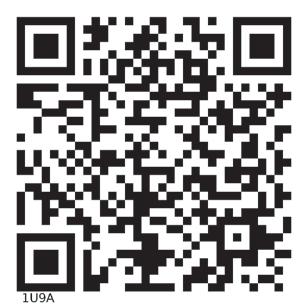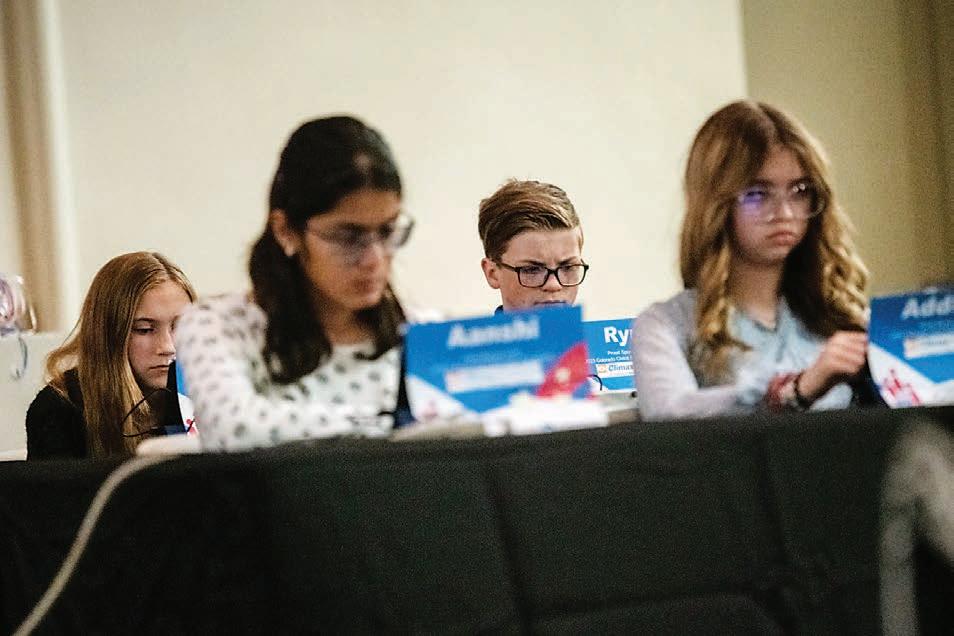
1 minute read
‘Civics bee’ aims to turn corner on education



Event held at St. Cajetan
BY ERICA BREUNLIN THE COLORADO SUN
Even at 12 years old, Siram Yalavarthy sees the unbreakable thread between history and the current moment, something he’s long loved learning about in social studies classes going back to the founding of the United States.
“Learning that the past actually happened” is what Sriram said fascinates him the most. “It’s not just a story we tell every single day, and it a ects us today still.” e seventh-grader from Drake Middle School in Arvada was crowned the winner of the rst of its kind state civics bee in May at St. Cajetan Catholic Church in Denver, where he competed against 14 other Colorado middle schoolers. Similar to a spelling bee, the Colorado National Civics Bee put students in front of an audience to quiz them on all kinds of facts related to how government is structured and the rules that dictate how it works.
Using electronic tablets they got to keep, the students who battled against one another tackled two rounds of questions that pressed them on some of the ner details of civics: What is the name of the document that allows a visitor to the U.S. to stay for a speci c period of time? e students stand out from many of their peers and even adults across the country, who largely struggle to understand government systems and remember critical components of democracy in an era when deepening political divisions have sparked battles over history curriculum and how it is taught. e de cits in students’ grasp of civics became more apparent when the results of last spring’s National Assessment of Educational Progress — which includes state and national tests that gauge student achievement in subjects including reading, math and civics — revealed fewer students reaching pro ciency in civics. Civics scores decreased an average of 2 points, with nearly 80% of eighth graders ranking below pro ciency on last year’s exams, the results of which were released this year. Meanwhile, students are also
(A visa.) Which amendments all deal with some aspect of the presidency?
(Twelve, 22 and 25.) With the Monroe Doctrine, the United States did what? (Warned European nations not to interfere with a airs in the Western Hemisphere.)









